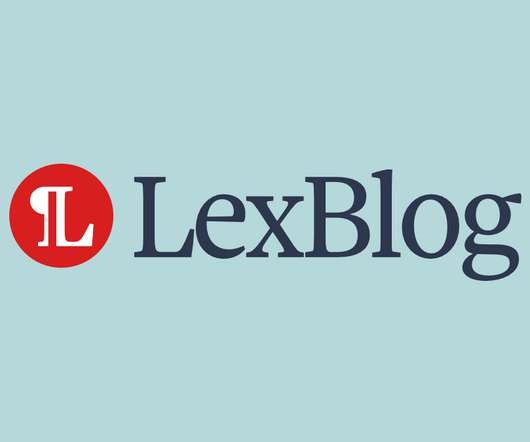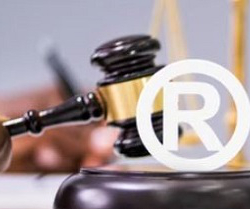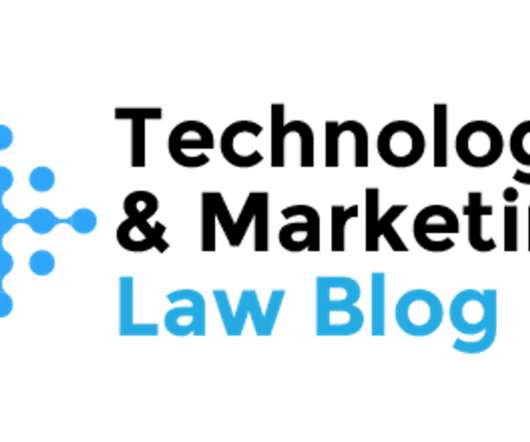Trade mark ownership: As easy as A-B-C?
LexBlog IP
MARCH 28, 2022
Trade mark ownership is an important consideration for any business. Unfortunately however, while seemingly obvious, the concept of ownership is sometimes overlooked and can be more complex than originally imagined. At this point, it may be too late! Let’s start with the legislation – a very good place to start.












Let's personalize your content